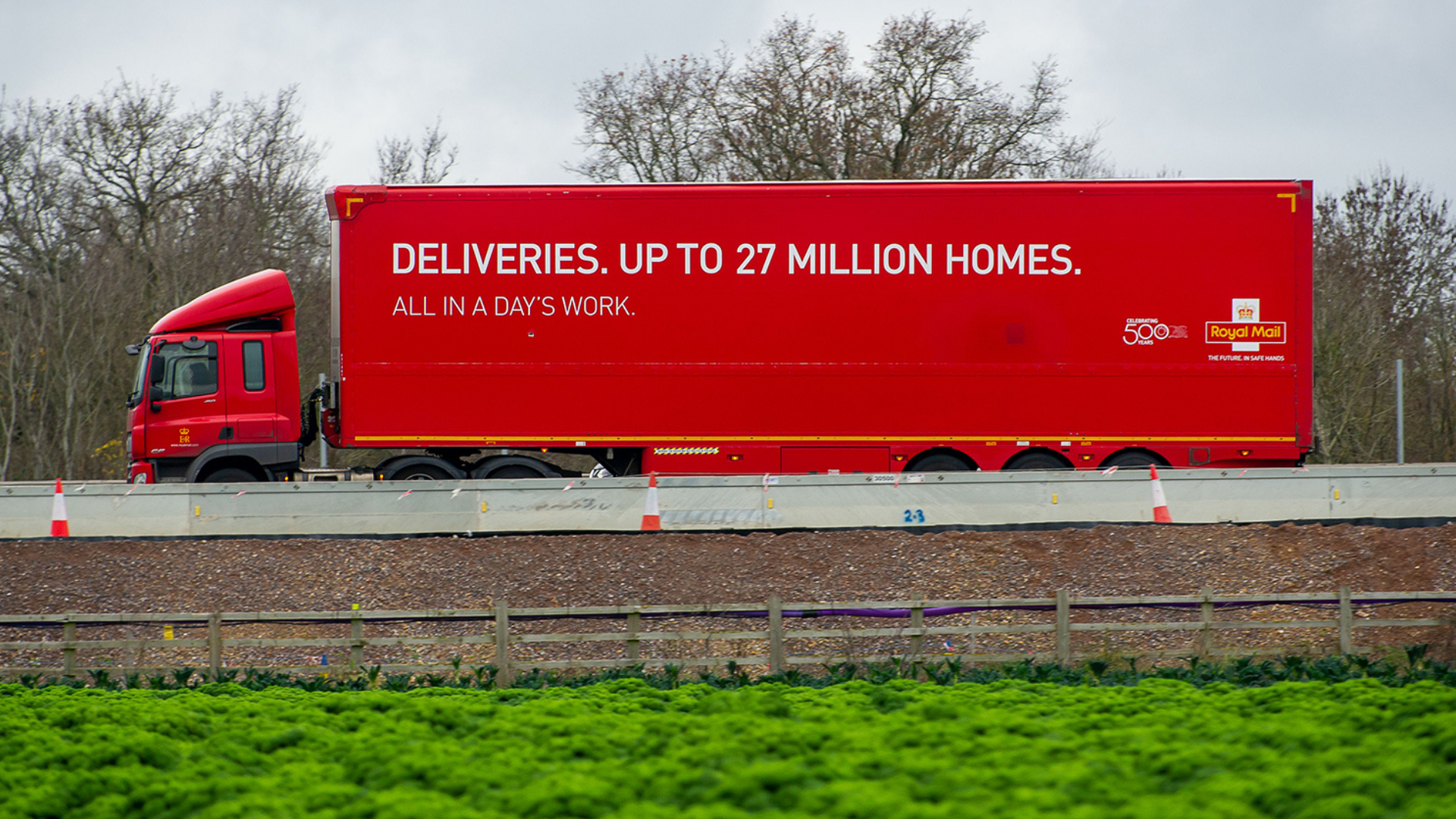Why don’t we value services – and those delivering them? The political mantra is build back better. The basic premise is that we’re going to exit Covid into a new age of skilled manufacturing jobs presumed to return from China. A simple and superficially appealing prospect.
Sadly, as with too much of modern politics and economics, it’s far too simple to be realistic, and distracting from real issues around the global economy and future of work. Even if there was ever a golden age of mass manufacturing jobs there won’t be a second. Not because of Brexit, or consumer goods made in China, but because production is increasingly automated. That’s why manufactured products are now so affordable.
We see the same pattern in the US and across Europe, the share of manufacturing employment falling consistently for 50 years, while the level of output rises modestly or at worst is flat. We shouldn’t ignore the sector, but nor can we place too much weight on it. Not when we have a better alternative.
Globally there is a clear relationship between the wealth of a country and the share of services in its economy. The UK is an exemplar, over three quarters of our total economic output comes from services, and, depending on exact definition, probably over half our exports. If we want to build a better economy we should start there, and ask what is so wrong with services jobs that mean we hark back to a former age of factory working.
To take an example, consider the warehouse and logistics hub for online businesses such as Amazon, Sports Direct or Ocado that are a major growth area. Problematic working conditions are frequently reported, with average wages lower, full-time contracts rarer, and advancement opportunities practically non-existent compared to similar manufacturing sites. This gives us a clue to the low status of services.
Lockdowns have taken income away from hundreds of Big Issue sellers. Support The Big Issue and our vendors by signing up for a subscription.









